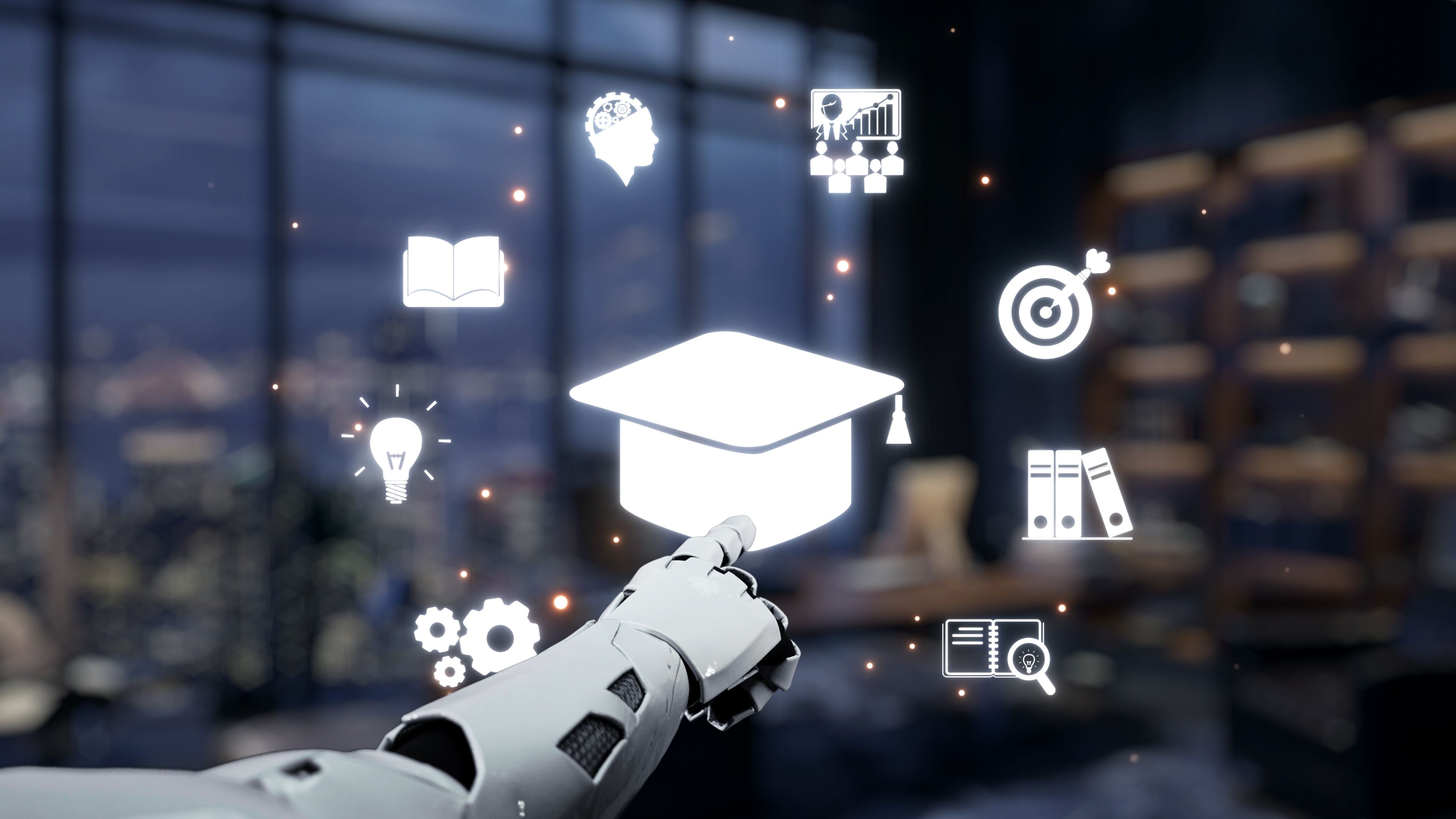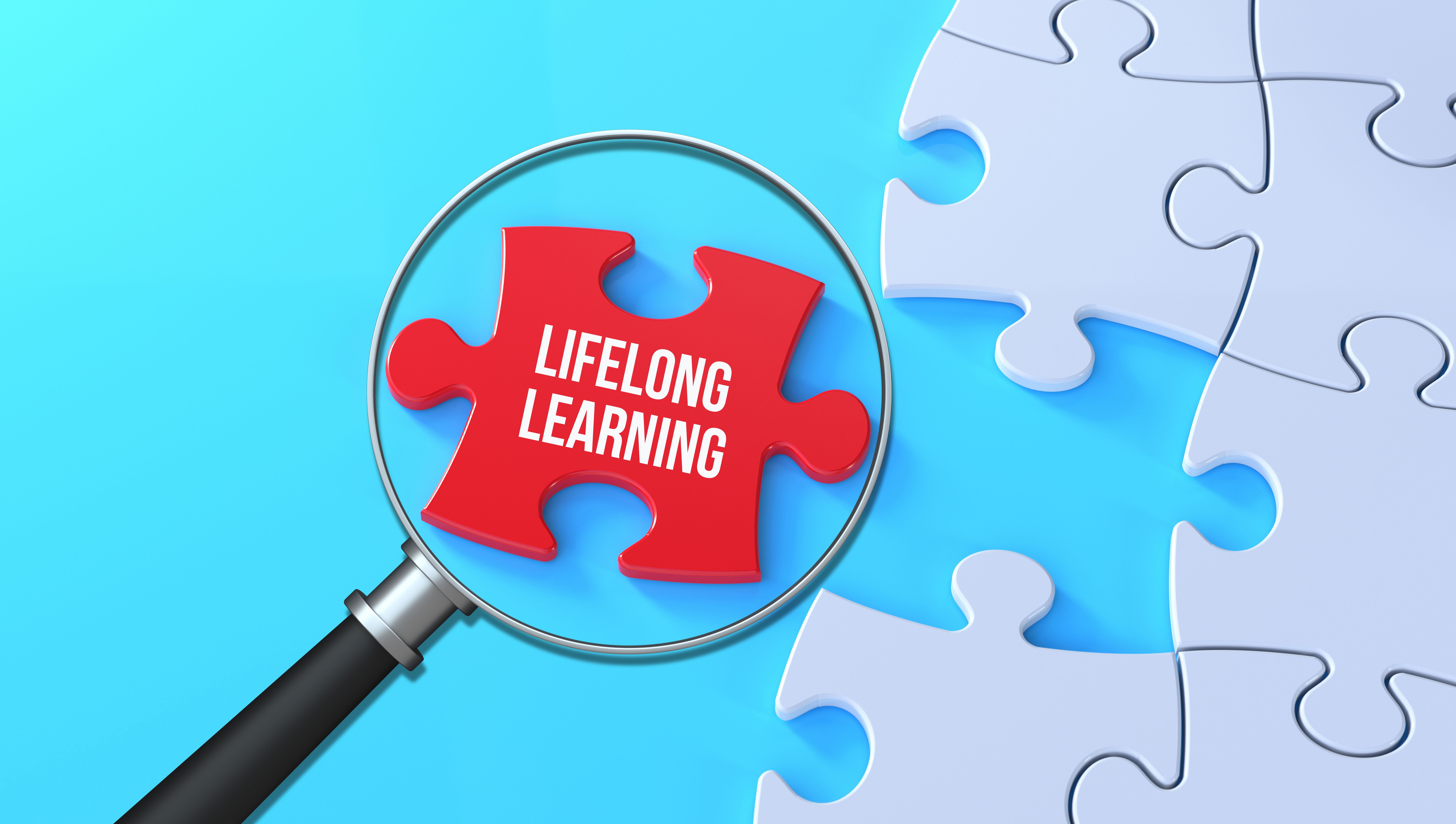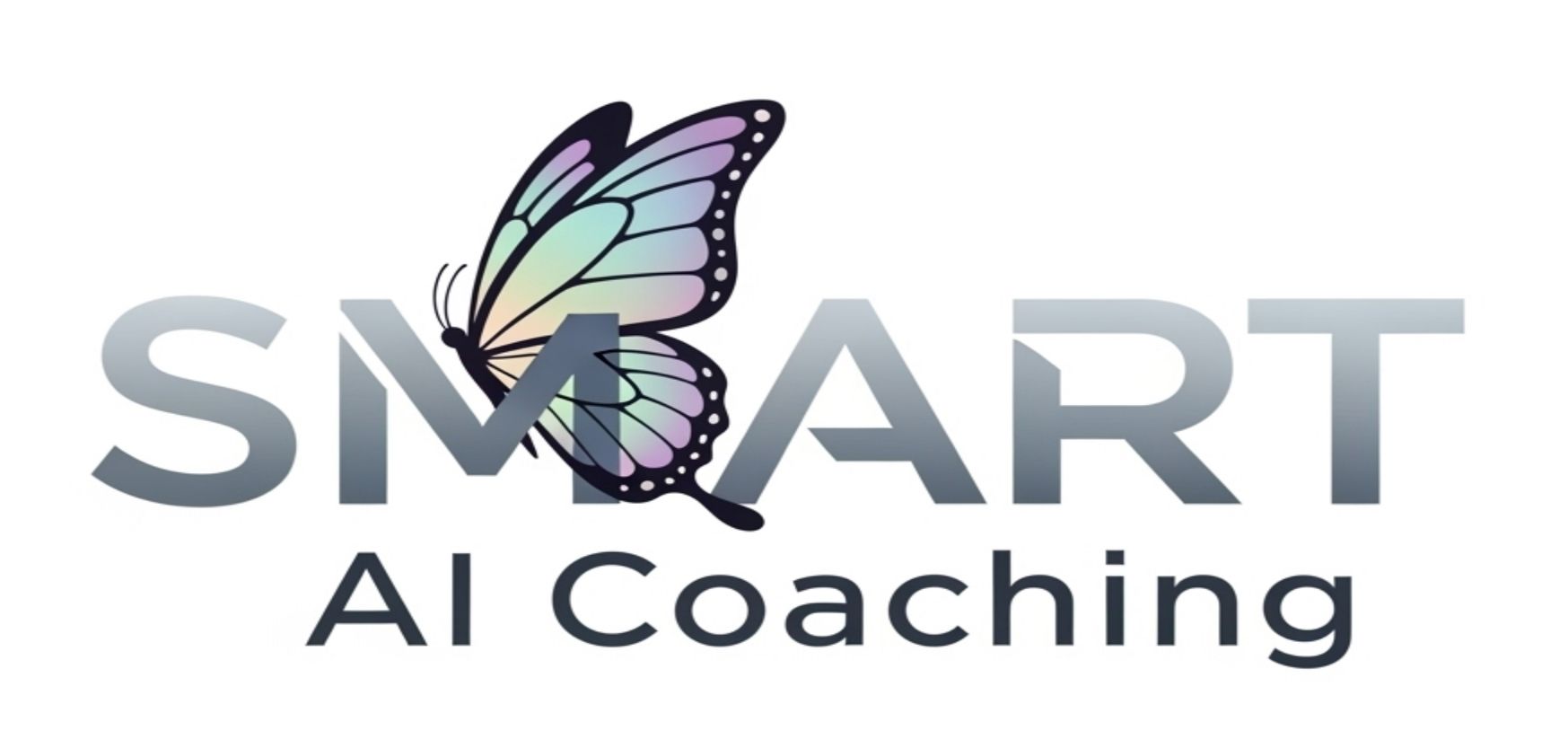The Importance of 'Learning How to Learn' in the Age of AI
The Age of AI: Why Learning How to Learn is Crucial
In today's rapidly evolving world, the ability to learn efficiently and adapt quickly is more important than ever. With Artificial Intelligence (AI) reshaping industries and altering job landscapes, "learning how to learn" has become a pivotal skill for both personal and professional growth. Understanding how to acquire new knowledge and skills can empower individuals to thrive in an AI-driven future.

The Shift in Skill Requirements
AI is not only transforming the way businesses operate but also redefining the skills required for success. Traditional roles that rely heavily on routine tasks are increasingly being automated. As a result, there is a growing demand for skills that AI cannot easily replicate, such as critical thinking, creativity, and emotional intelligence. To meet these demands, individuals must cultivate the ability to learn continuously and adapt their skill sets over time.
The Benefits of Lifelong Learning
Embracing a mindset of lifelong learning offers numerous benefits. Firstly, it enhances adaptability, allowing individuals to pivot seamlessly into new roles or industries as needed. Secondly, it fosters innovation by encouraging the exploration of diverse fields and perspectives. Finally, lifelong learning contributes to personal fulfillment, as it opens up opportunities for growth and self-improvement.

Developing Metacognitive Skills
One of the key components of learning how to learn is developing metacognitive skills—essentially, thinking about one's own thinking. Metacognition involves self-awareness and regulation of cognitive processes, enabling individuals to evaluate their understanding and adjust their learning strategies accordingly. By honing these skills, learners can become more effective and efficient in acquiring new knowledge.
Strategies for Effective Learning
There are several strategies individuals can employ to enhance their learning capabilities:
- Active Learning: Engage actively with the material through discussions, practice, and teaching others.
- Spaced Repetition: Use spaced intervals to review information, which helps improve retention.
- Interleaved Practice: Mix different but related topics during study sessions to enhance problem-solving skills.
- Reflection: Regularly reflect on what you've learned to deepen understanding and identify areas for improvement.

The Role of Technology in Learning
Technology has made learning more accessible and personalized than ever before. Online platforms offer a wealth of resources tailored to diverse learning styles and needs. AI-powered tools can provide instant feedback, personalized recommendations, and adaptive learning experiences, making it easier for individuals to master new skills at their own pace.
Building a Culture of Learning
For organizations, fostering a culture of learning is essential in the age of AI. Encouraging employees to pursue continuous education and providing access to learning resources can lead to a more innovative and resilient workforce. Companies that invest in their employees' development not only enhance productivity but also retain top talent.

Conclusion: Embrace the Learning Journey
As AI continues to shape the future, those who master the art of learning will be best positioned to succeed. By developing metacognitive skills, adopting effective learning strategies, and leveraging technology, individuals can navigate the challenges and opportunities of an AI-driven world with confidence. Embrace the journey of learning how to learn—it's a lifelong adventure with limitless potential.
